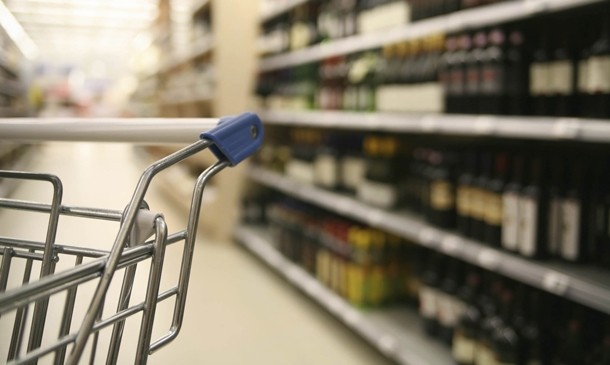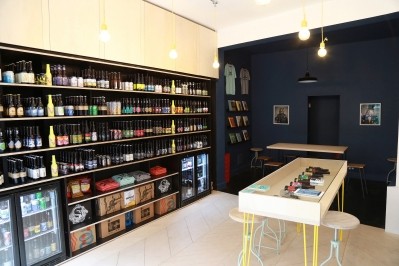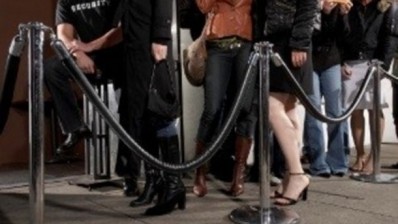Licensing
Supermarkets claim 'no evidence' of weekend pre-loading

Waitrose manager of regulatory affairs and trading law James Broadhurst-Brown told the select committee the supermarket does not see a spike in weekend sales, which would suggest that pre-loading is a problem. “The volumes [of sales increase] purely because more people are doing their shopping at the weekend,” he said.
The head of legal services at Sainsbury’s, Nick Grant, echoed these sentiments saying: “It is very difficult to pull out any sales data that supports the contention that weekends are a focus for pre-loading at Sainsbury's.”
Broadhurst-Brown later added the off-trade would struggle to enforce any law that discourages pre-loading. “I think from a responsibility perspective, it's very difficult to know at the point of sale why people are buying it and when they are going to consume it.”
Off-trade distinction
The select committee of Lords has been tasked with reviewing the effectiveness of the Licensing Act 2003 and has already taken evidence from health experts, as well as on-trade figures.
Health experts previously said there should be a greater distinction between pub sales and supermarket sales because “people who are very heavy drinkers and are alcohol-dependant do not tend to drink in pubs because they wouldn't be able to afford the amount they are consuming to do that, so they get their alcohol from off-sales”.
Grant from Sainsbury’s responded to this view: “People learned some of these behaviours around drinking slightly more at home around [the financial crisis of] 2008. The enormous recession led to people changing their behaviour.
“It is possible to romanticise the on-trade, but not all pubs are around a village green with responsible adults taking care of the young guns. It's not like that so to talk of home-drinking in a pejorative way is too simplistic. It should be one regime, and one regime that fairly incentivises new licences for people that have the most responsibility to execute the licence.”
Minimum unit pricing
Hot topics that have also been under review by the Lords committee include minimum unit pricing and the possibility of introducing a fifth licensing objective based around health.
The committee agreed that minimum unit pricing would not be an effective way to discourage alcohol abuse, and Grant said: “We remain sceptical that a whole population approach will change the behaviour for problem drinkers. On the other hand, we know that it will raise the price for perfectly responsible drinkers on a budget.”
On the possibility of a fifth licensing objective, Grant added: “We think the existing licensing objectives are the right ones because there can be a meaningful part that a licensed premises plays in each of those four. Our concern with a public health objective is that it becomes a very general and quite expensive abstract debate."







